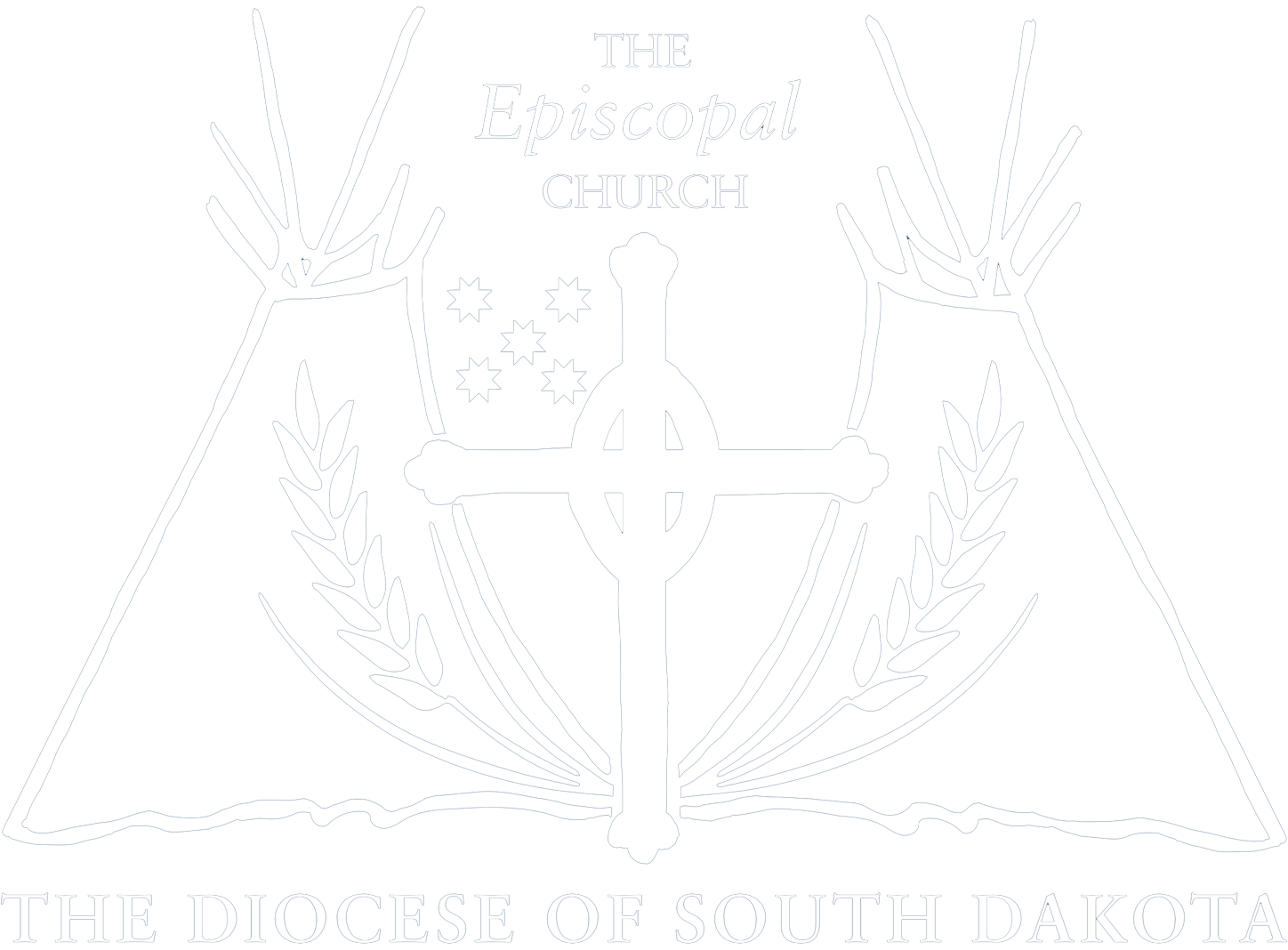[Episcopal News Service] Episcopal bishops gathered Sept. 19 for the start of a four-day online House of Bishops meeting on the theme “The Vocation of the Bishop Now,” particularly as it relates to challenges associated with membership decline and growing concerns over clergy accountability.
“You and I share in an ancient vocation, but we practice it in a new time,” East Tennessee Bishop Brian Cole, who is moderating the bishops’ discussions on Zoom, said in his opening remarks. (A livestream of the meeting was provided for reporters.) In the face of cultural and social changes, Cole said, “all of us are discerning how to remain faithful to the episcopate.”
The bishops also spent part of the first day of their Sept. 19-22 meeting offering prayers for Presiding Bishop Michael Curry, who will undergo surgery on Sept. 20 to address a recurrence of internal bleeding that hospitalized him in May. Curry spoke to the bishops for about 10 minutes, thanking them and helping to frame their upcoming discussions.
“I’m going to be fine. Come what may, I’m going to be fine, because we have a God and God is real,” Curry said. His surgeon is scheduled to remove his right adrenal gland and an attached mass. After an estimated recovery period of two to three weeks, Curry is expected to resume his regular work schedule.
This meeting of the House of Bishops, originally intended as an in-person gathering in the Diocese of the Dominican Republic, was moved online partly to allow Curry to participate without traveling. The meeting’s focus on bishops’ vocation has been in development for several months, he said, as dioceses and congregations plan for the post-pandemic church.
“This is not an easy time to be a follower of Jesus,” Curry said. “It’s not an easy time to live by love. It’s not an easy time to be a bishop. It’s not an easy time to be the church. It’s not an easy time to be a leader in any endeavor, and frankly it’s not an easy time to be human.”
Within The Episcopal Church, some of those difficulties center on matters of clergy discipline under the church’s Title IV canons, particularly as they apply to bishops. Several recent disciplinary cases involving bishops have raised concerns that standards of accountability have not been equally applied.
The most prominent such case involved House of Deputies President Julia Ayala Harris, who revealed last month that she had been the complainant in a Title IV sexual harassment case against a retired bishop. Ayala Harris said the bishop, whom she did not name, had “physically overpowered” her in July 2022 at the 80th General Convention and made “inappropriate verbal statements.” She chose to publicize her story after the case ended with a “pastoral response” but no disciplinary action for the bishop.
After others identified former Oklahoma Bishop Ed Konieczny as the focus of Ayala Harris’ complaint, Konieczny sent a letter to the House of Bishops denying the allegations in general terms. “Let me be clear, there was absolutely no sexual misconduct or inappropriate verbal comments in this matter,” he wrote.
Dozens of other bishops responded to Ayala Harris’ announcement by asking that the House of Bishops add a discussion of Title IV to its agenda for this week’s meeting. The Title IV discussion is scheduled for Sept. 20. Konieczny, in his letter, said he “will make myself available” if invited to speak on the issue.
The purpose of such a discussion, Curry said, is “upholding the value of Title IV and the value of seeking and speaking the truth in love, holding each other accountable for our sins of omission and commission.”
The House of Bishops opened this meeting one day after the General Convention Office released data from the latest parochial reports filed by dioceses and congregations, tallying membership, attendance and revenue from 2022. The church’s previous one-year snapshots, from 2021, showed pandemic disruptions had lowered attendance by 43% from pre-pandemic counts. The new data suggests that attendance rebounded somewhat in 2022, up 19% churchwide in one year, though the long-term trend is one of steady decline in attendance and membership, which is not unique to The Episcopal Church among mainline Protestant denominations.
A more encouraging highlight of the numbers has been the continued resilience of The Episcopal Church’s plate and pledge income. Overall income, though not keeping up with inflation, increased slightly in 2022, and the average individual pledge was up by about 9%.
“We are not losing money anywhere near the rate we are losing people,” the Rev. Molly James said Sept. 19 in discussing the parochial report data with the House of Bishops. James, the deputy executive officer of General Convention, was joined by Church Pension Group’s Matthew Price and the Rev. Meghan Froehlich, director of the church’s office for transition ministry, for a presentation similar to the one they jointly facilitated at the June meeting of Executive Council, the church’s governing body between meetings of General Convention.
Curry, in his remarks, said the meeting’s focus on bishops’ vocation “demands that we must help the church face and engage the reality of decline lovingly, wisely, strategically and courageously.”
Followers of Jesus are called to be “prisoners of hope” and “messengers of good news,” Curry said. “This is not easy, but the times are not easy. This is hard and holy work, but we must do it. We can only do it together.”
– David Paulsen is a senior reporter and editor for Episcopal News Service. He can be reached at dpaulsen@episcopalchurch.org.

